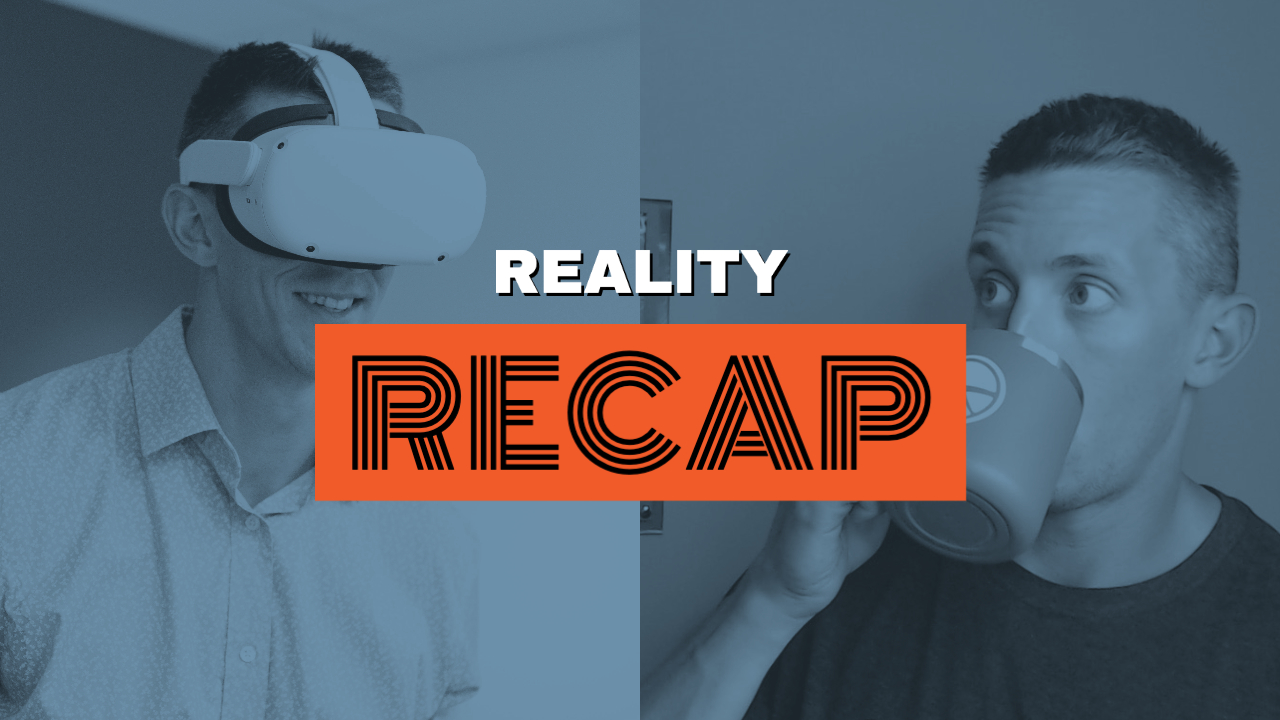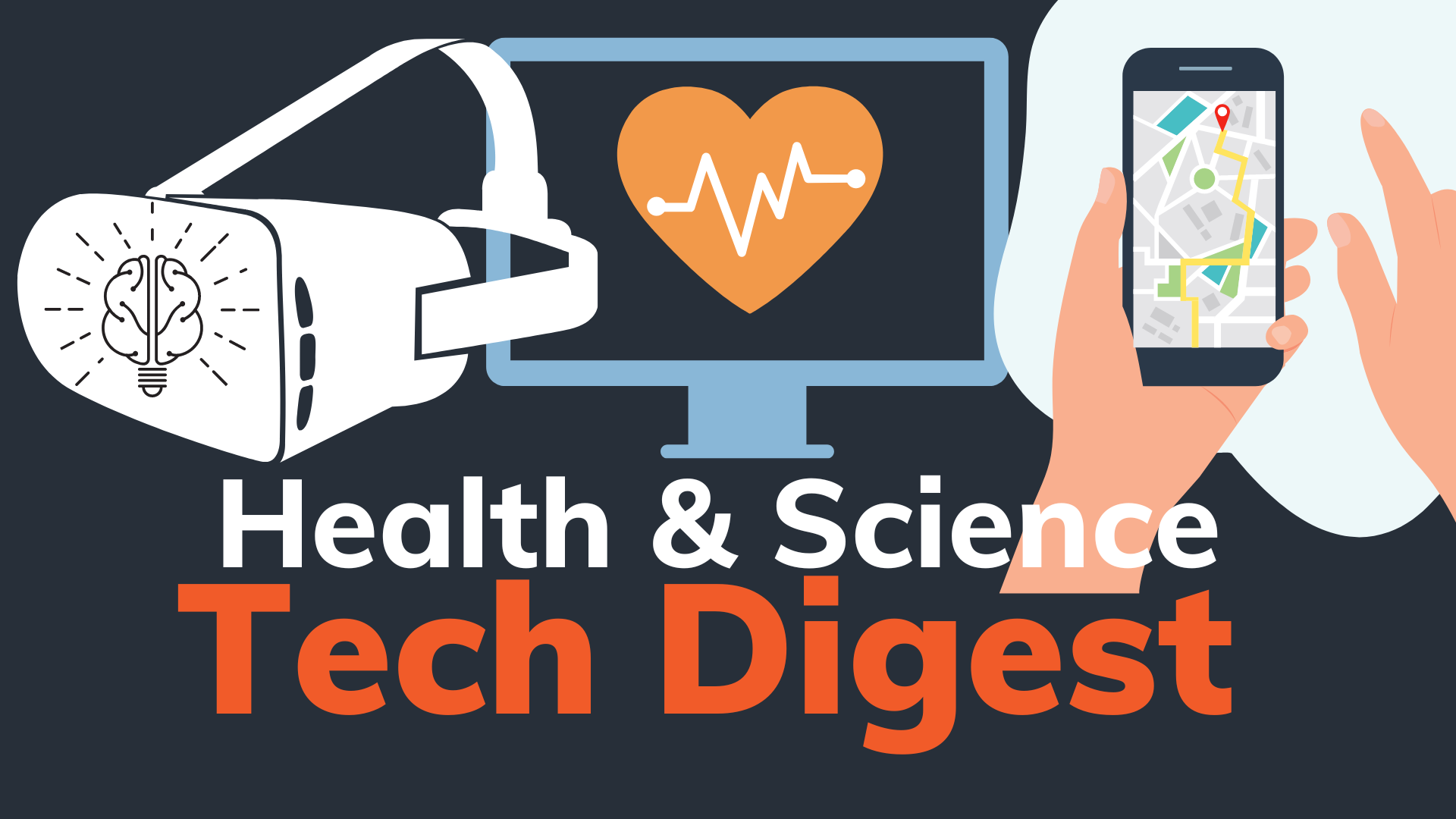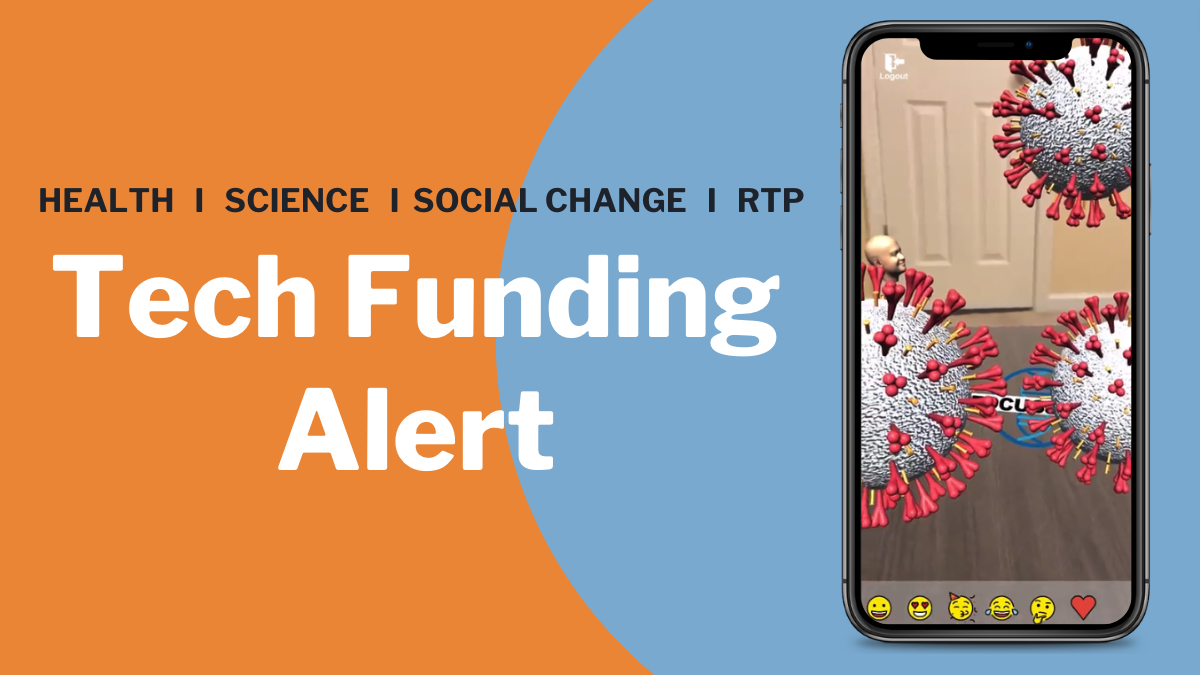Reality Recap is a video news series where I run through some of the top stories in immersive technology, augmented reality, and virtual reality. Below you'll find this episode along with a full transcription and links to more resources. Watch the episode, or use the transcription for a quick snapshot.
AR & VR News: Google Glasses, Magic Leap, VR Urban Planning
Reality Recap: August 11, 2022
Show Transcript
Google AR Glasses (:38-1:51)
Google is back in the game with augmented reality glasses. Now, we knew this was coming. It's just kind of a real confirmation now that they're actually beginning some in-person public testing of these devices. After lots of months of lab testing, they rolled out, this month, to Googlers and insiders around the world. Testing cool things, though, like translation, transcription, navigation, things that are actually useful for day-to-day life.
It's good to see that Google is still committed to this after they kind of jumped the gun on Glass and it was a little ahead of its time. So it's nice to see that they're coming back to this and they're still a player. It would be kind of nice to see some preview, some actual meat of what they're doing. A lot of other companies have rolled out some real footage of what their devices are doing and Google's kind of keeping everything closed up and they're keeping a tight lid on that. So, excited to see what comes out of this public testing. We'll see when we get to the next stage of a little bit broader testing. And, you know, always good to see one more player in the game of actual wearable, hands-free augmented reality.
Magic Leap 2 Beta (1:52-3:01)
Sticking with betas, Magic Leap is rolling out the beta version of their Magic Leap 2 headset to developers now. It's selling for about $3300. We've covered Magic Leap a couple times on Reality Recap before. Some of their different products made early splashes in augmented reality, but they kind of fell short of a lot of market expectations. A lot of their glasses were less about augmented reality and more of like large entertainment screens on your face. It is good to see that they're delving back into enterprise and they're sticking with it.
This headset is designed for enterprise. It comes with a wired puck that you have to kind of clip on and carry around. That's kind of frustrating. It'd be nice to see completely untethered, but at least it's something that's portable. It's not like you're tethered directly to a machine. In an enterprise case I feel like it's probably okay to have a little bit more computing power to be able to just stick that puck in your back pocket.
They might be a little too late, though. You know, Magic Leap is going head-to-head now with companies like Apple and Google and even Meta, who have these technology stacks and ecosystems already pre-built and they're kind of already behind the eight ball trying to catch up to that. So best of luck to them. It's cool to see another player in the game and it's cool that they're sticking with it and they're kind of shifting their focus away from this like entertainment industry to more of an enterprise use for hands-free air.
VR for Urban Planning (3:02-4:23)
Lastly, pretty cool study here from Frontiers in Virtual Reality, it's looking at kind of urban planning, but using virtual reality to test that out. So obviously residents in urban areas sometimes see increased amounts of stress and fatigue due to drab surroundings, gray buildings, crowded streets, different things that can affect their emotional well-being. So this study looked at adding vegetation and colorful patterns to streetscapes, and then having folks walk through it in virtual reality. They found pretty positive correlations between the vegetation and feelings of pleasure and happiness; and the colorful patterns and feelings of fascination and curiosity.
So it's it's nice to see more studies like this pairing virtual reality with psychology and with healthcare, and just kind of really digging into ways to make people's lives better. This is a great use case because obviously it's kind of hard in real life to change up a cityscape or a streetscape several times, to run different people through it, to test it. So this lets you do that in a controlled virtual environment where you can strap somebody up and read their brainwaves or their heart rate or different things like that to really tell how they're feeling in that environment versus a control. It's just a cool way that you virtual reality is hopefully working to make people's lives a little bit better.
Source Articles
Previous Episodes
You can watch all of our previous episodes, plus bonus episodes on our Reality Recap playlist on YouTube.



